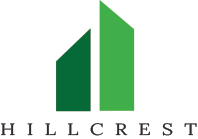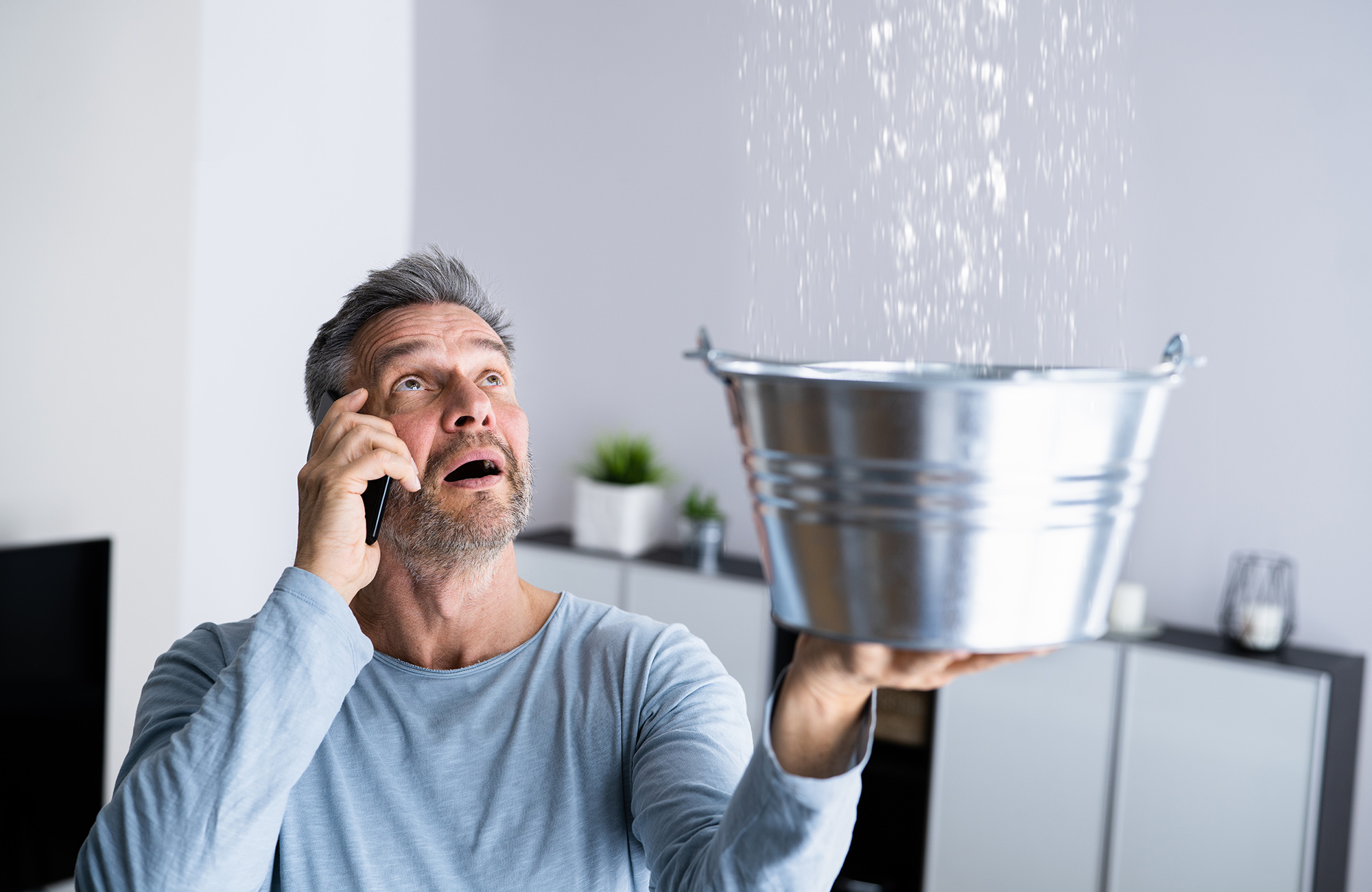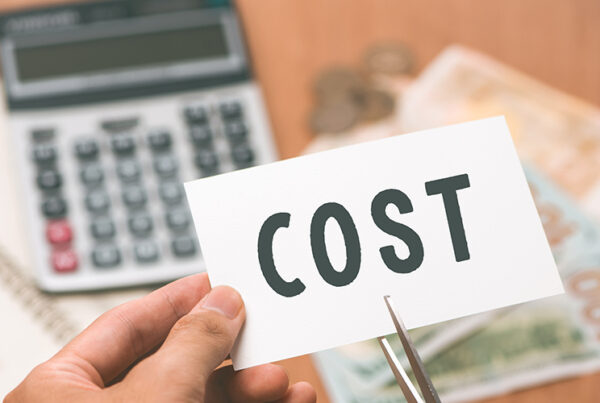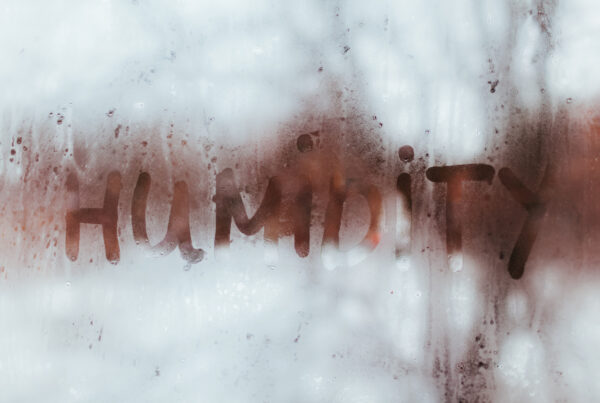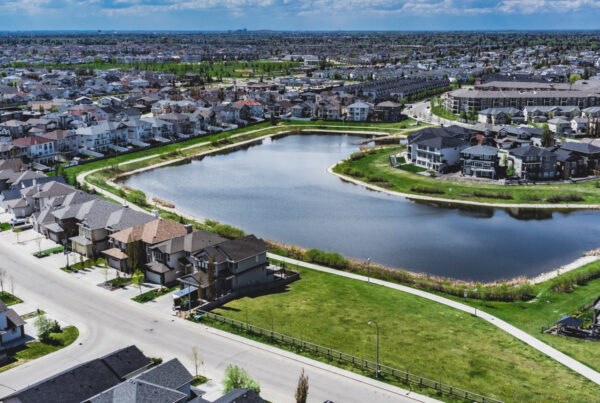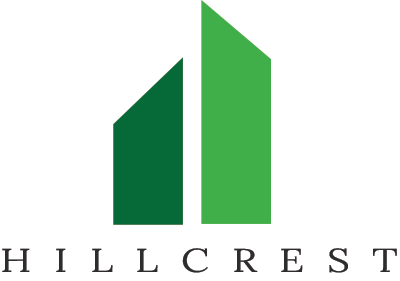Condo plumbing issues can be a pain to deal with, especially when they have already worsened beyond simple repairs. Plus, they are more common than people think. When these issues arise, does the responsibility fall on the association or the unit owner?
Common Condo Plumbing Issues and What to Do
Plumbing problems can be very complicated in condo associations. This is because plumbing systems are usually shared by two or more unit owners, making it difficult to identify the source of the problem and who should be responsible.
Here are the most common plumbing issues in condos.
1. Clogged Drains and Sewer Backups
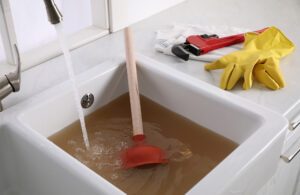 Clogged drains and sewer backups can seem like small issues but can quickly escalate. These problems are usually caused by the build-up of debris in shared pipes, blocking the water flow. Sometimes, tree roots can also infiltrate sewer lines.
Clogged drains and sewer backups can seem like small issues but can quickly escalate. These problems are usually caused by the build-up of debris in shared pipes, blocking the water flow. Sometimes, tree roots can also infiltrate sewer lines.
It is relatively easy to spot clogged drains and sewer backups. Look for slow-draining sinks or tubs, gurgling sounds from drains, and water backing into showers and sinks.
There are several ways to try to repair this issue. For minor clogs, you can use a plunger or drain snake. You can also pour a mixture of hot water, vinegar, and baking soda into the drain to dissolve debris. If more than one unit is affected, it is time to call a plumber.
Who is responsible for clogged drains and sewer backups? The unit owner is typically responsible if the clog is within a unit’s drain pipe. On the other hand, if the clog is in a shared drain line or the main sewer system, the condo association will typically handle it.
2. Leaky Faucets and Pipes
Leaky faucets and pipes are not only irritating to the ears but can also be a significant plumbing issue down the line. Worn-out washers or O-rings, corroded pipes, or high water pressure are most often the cause of leaky faucets and pipes.
To identify this problem, watch out for water pooling under sinks. A high water bill can also indicate a leak since more water is used. If you hear dripping sounds, trace it back to the source, as it could be a leaky faucet or pipe.
To fix this problem, you must first pinpoint the root cause. If it’s a faulty washer or O-ring, replace it. Also, see that you tighten pipe connections or apply the plumber’s tape. If your pipes are corroded, it is time for a replacement.
As for who is responsible, the unit owner is responsible for leaks inside the unit. The condo association is responsible for leaks coming from a pipe inside a shared wall or common area.
3. Running Toilets
Running toilets are another one of the most common condo plumbing issues. Faulty flapper valves or float mechanisms cause these. Worn-out fill valves or sediment buildup in the tank can also lead to running toilets.
Running toilets are easily identified by their signs. These include the continuous sound of running water, high water bills, and weak flushing power. Unless the issue stems from a shared plumbing problem, the unit owner takes responsibility for repairs.
Speaking of repairs, the solution will depend on the cause of the problem. You might need to replace the flapper valve or float mechanism, adjust the fill valve, or clean out the sediment from the tank.
4. Burst Pipes and Major Leaks
Burst pipes and major leaks can cause significant damage. Typically, freezing temperatures, old or corroded pipes, and high water pressure are to blame for this plumbing problem.
If you find a drop in your water pressure, water stains on walls or ceilings, or flooding within your unit, you might have a burst pipe or a major leak.
The first thing you should do is shut off the main water supply. You can use a pipe repair clamp to seal the leak for a temporary fix. Since this problem typically requires professional tools, it is best to hire a plumber.
Who is responsible for pipes in condo walls? If the burst pipe is inside the unit, the owner must usually repair it. If the burst pipe is part of a shared plumbing system, the condo association must fix it.
5. Water Heater Issues
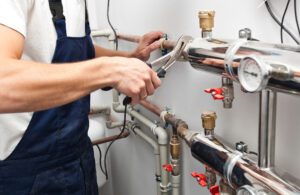 The three most common causes of water heater issues include sediment buildup, corroded heating elements or components, and thermostat failure.
The three most common causes of water heater issues include sediment buildup, corroded heating elements or components, and thermostat failure.
With this in mind, you can fix the problem by flushing the water heater to eliminate the sediment or replace the faulty heating element or thermostat. If there’s a leak, make sure to replace the water heater itself.
You can spot a water heater issue through the signs. These include fluctuating water temperatures, hearing strange noises from the heater, and seeing water leaks around the heater.
As for who should bear responsibility, the unit owner does if the water heater is located within the unit and serves that unit only. If the water heater serves multiple units, the condo association should be the one to repair it.
Who is Responsible for Plumbing in a Condo?
Condominiums operate under a shared ownership structure, meaning plumbing systems are divided into private unit plumbing and common area plumbing. It is important to read through the condo association’s governing documents, which should outline maintenance responsibilities, including condo plumbing issues.
Condo Association Responsibilities
Does the HOA cover plumbing? The condo association or HOA is responsible for plumbing systems that serve multiple units or common areas. These include:
- Main water supply lines
- Main sewer and drainage lines, including pipes running between units or outside the building
- Pipes behind shared walls or beneath floors
- Water heaters that serve multiple units
- Leaks or burst pipes in common areas (hallways, lobbies, basements, etc.)
The association typically covers the repair costs if condo plumbing issues affect multiple units or come from a common element.
Unit Owner Responsibilities
Owners are responsible for plumbing inside their units. This generally includes:
- Interior plumbing fixtures (sinks, toilets, bathtubs, showers, etc.)
- Pipes within the unit walls that serve only that unit
- Clogged or leaking drains inside the unit
- Water heaters that serve only the unit
- Appliance water connections (dishwashers, washing machines, refrigerators, etc.)
If condo plumbing issues are isolated to a single unit, the owner is responsible for fixing them. The exception is if the issue stems from a structural defect or negligence from another unit.
Governing Documents Play a Critical Role
Condo plumbing issues can put a wrench into the comfort and enjoyment of any unit owner. As you can see, individual owners have specific responsibilities; the same goes for the condo association. In the end, the best way to determine maintenance responsibility is to check the governing documents.
Hillcrest makes condo association management a breeze. Call us today at 630-627-3303 or contact us online to request a proposal!
RELATED ARTICLES:
- HOA Spring Maintenance Checklist: Key Tasks For The HOA Board
- How To Reduce Maintenance Costs In HOA
- What Does A Condo Engineer Do?
